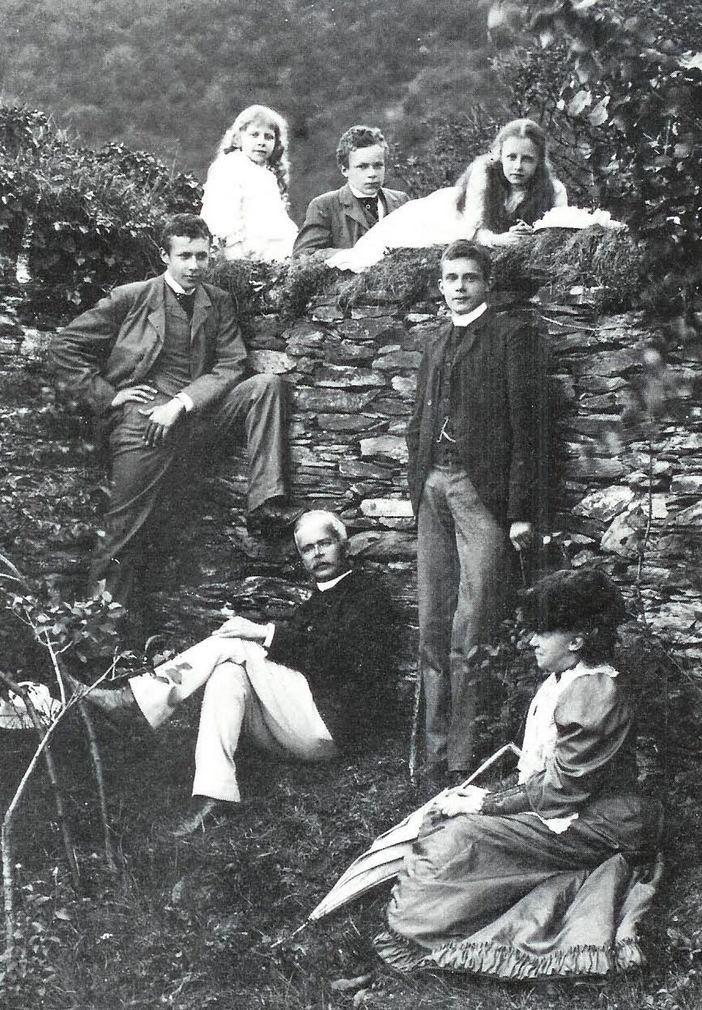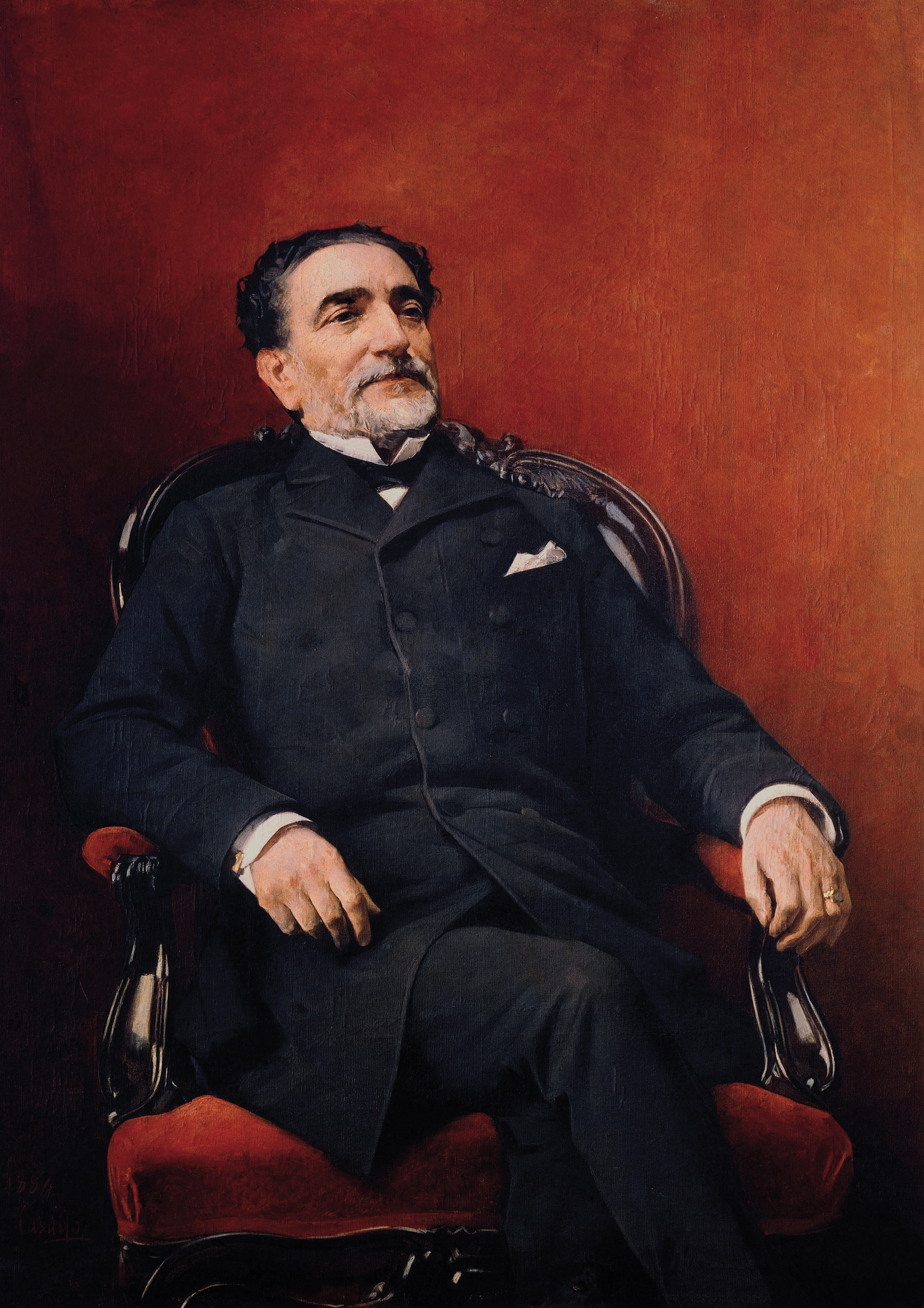Thats rather sad to hear, I rather like Napoleon IV myself. Why not have him marry some Savoy/Bourbon cousin and enter into a mutual defense treaty with Spain. It would have funny consequences down the line of World Wars.
If the Italians are looking to claim Tunisia (and it was regarded as an Italian colony in all but name by Rome during the 1870s) which the French also considered as part of their sphere of influence then you're going to see tensions develop regardless whether Bonaparte is married into the Italian royal family or not.
As for an alliance with Spain, you'd then have to have Spain less closely aligned with the Italians, which seems unlikely.
I'm not saying Napoleon IV is going to suddenly be dethroned in a coup and we see one of the other monarchist claimants take the throne or a shaky republic established before it's overthrown by a man like Boulanger, but if France is unstable colonialism it's going to have a lot of problems to deal with during the period and a marriage isn't suddenly going to change that.


